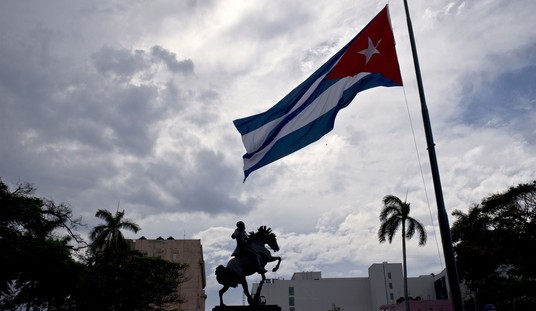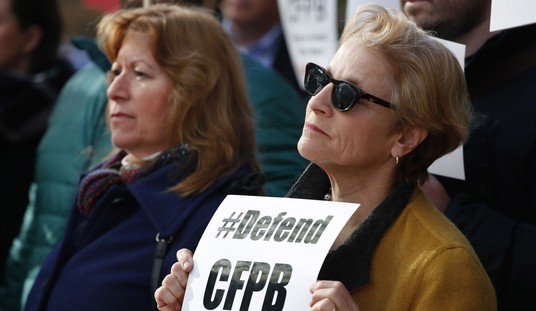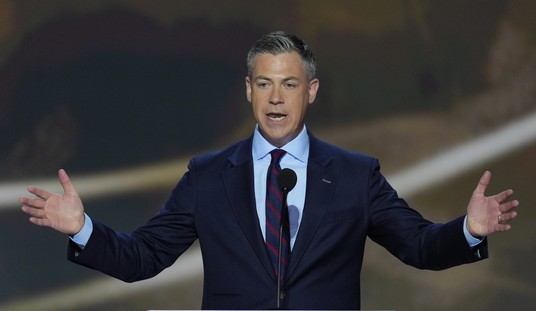We’ve noted many times throughout the debate over amnesty that you simply cannot legalize so many low-skilled people without reforming the welfare state. Some people don’t like to hear it, but the reality of today’s redistributive society is that the higher-skilled population transfers a tremendous amount of wealth to the lower-skilled population in the form of the tax code, entitlements, welfare, and social services. Do we really need to import so many new low-skilled illegal and legal immigrants over the next decade to exacerbate the current unsustainable dynamic?
That is the question Heritage’s Robert Rector deals with in his cost study on amnesty today, at least in the case of illegal immigrants. And the answer is a resounding no. Under any amnesty plan, there would indeed be more people paying payroll taxes, but that revenue will never outweigh the cost of benefits they would inevitably receive.
According to Rector, “over a lifetime, the former unlawful immigrants together would receive $9.4 trillion in government benefits and services and pay $3.1 trillion in taxes.” That’s a net cost of $6.3 trillion in combined federal, state, and local benefits. The annual net cost will be roughly $112 billion. The majority of expense will be the result of increased educational and welfare costs.
Additionally, there are a number of likely factors that could result in higher costs:
- What if there are more than 11.5 million illegals? What if fraudulent documents allow more people to receive amnesty? In 1986, 25% of applications were fraudulent. A similar dynamic now would cost an additional $1.6 trillion, according to Rector.
- This bill allows the amnestied immigrants to bring in spouses and minor children. The cost would top $600 billion per 1 million more family members.
- Every amnesty encourages more illegal immigration, especially when the enforcement is nothing more than a promise. The number of border crossings have already tripled in recent months.
I would also note that the bill doesn’t take into account the costs of birthright citizenship. Every illegal that has a child is able to collect welfare on behalf of his or her American-born kid. While this is a problem even without amnesty, many of them fail to collect those benefits due to fear of being caught. Now they will all collect welfare. Moreover, those who have a fast-track to green cards and citizenship – Dream Act recipients and agriculture workers – will have the ability to bring in family within the 10-year budget period.
Furthermore, this report does not attempt to quantify the cost of the legal immigration aspects of the bill, although Rector promises to do so in the future. According to Senator Sessions, this bill would bring in 32.7 million immigrants over the next 10 years, along with 25 million new guest workers and non-immigrant residents. This is on top of our current record levels of between 1 and 1.1 million new green cards annually. The bill will essentially bring in 2 million new immigrants every year.
Although some of that increase will come from more high-skilled immigration, the cost associated with all the low-skilled immigrants is undoubtedly staggering. Remember, even though guest workers are not eligible for welfare, and future immigrants must wait some time to collect benefits, they can all collect benefits on behalf of their American-born children immediately.
Once again, you simply cannot have an expansive immigration system coupled with unqualified birthright citizenship and a redistributive society.
Now, it is true that every time you increase the population, you will increase the GDP overall. I guess we could import another 500 million people and jack up the GDP. But does this actually increase disposable income for all Americans, aside for the recipients of amnesty? Will mass importation of poverty actually benefit anyone aside for some special interests? If anything, real “dynamic scoring” will show an even higher cost to amnesty. Trillions more in welfare spending will engender higher taxes and more debt, thereby dragging down the economy in the long-run.
There will always be diverse views on the issue of immigration, even on the right. But no good conservative can dismiss the fiscal cost of amnesty without first reforming the welfare state.
Cross-posted from The Madison Project













Join the conversation as a VIP Member